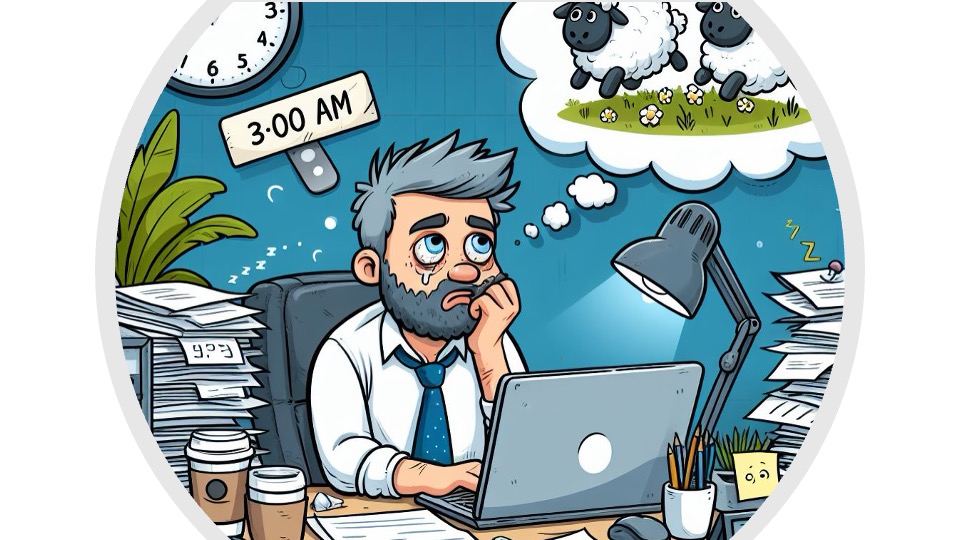The Sleep Revolution: Why EveryOne Should Prioritize Rest
In the hustle and bustle of managing deadlines, overseeing teams, and ensuring project success, one crucial element often takes a backseat: sleep. How many hours do you clock each night? Chances are, it’s less than the recommended seven to eight hours. The truth is, in our fast-paced work environment, sleep is often sacrificed in favor of completing tasks, attending meetings, or keeping up with the ever-evolving project landscape. This week I have been reading Arianna Huffington’s book “The Sleep Revolution”. I was thinking about how important sleep is particularly to project managers working long hours and managing priorities. Getting more sleep is a simple and common sense activity to increase productivity.
But here’s the wake-up call—pun intended: Sleep isn’t merely a luxury; it’s the foundation of optimal performance, decision-making, and overall well-being. Let’s explore why embracing a well-rested approach can revolutionize your role as a project manager.
The Power of Quality Sleep – Health, Happiness, and Productivity
Studies consistently highlight the profound impact of sufficient, high-quality sleep on our health, happiness, and productivity. Sleep deprivation isn’t a badge of honor; it’s a detriment to our well-being. From improved cognitive function to enhanced problem-solving skills, sleep fuels our ability to navigate complex project challenges effectively.
Healthy sleep encompasses three major things, One is how much sleep you get. Another is sleep quality—that you get uninterrupted and refreshing sleep. The last is a consistent sleep schedule.
Dr Marishka Brown – Sleep Expert
Our bodies have natural rhythms called the circadian rhythm. These dictate multiple processes in the body, including alertness or sleepiness, appetite, and body temperature.
Feeling tired as the sun starts to set may be a sign of a synchronized circadian rhythm. Since circadian rhythms are closely related to environmental cues like light, they can affect how a person feels throughout the day.
Understanding circadian rhythms and how they work can be essential for maintaining a healthy sleep-wake cycle.
Our bodies produce melatonin to help us sleep and cortisol keep us awake. We need to find our circadian rhythm and increase the amount of melatonin to help us sleep.
A good way to do this is to have a wind down routine where you are not exposed to screens. Take time to read a book, drink a glass of wine or have a relaxing bath.
Understanding the Detriments of Sleep Deprivation
The rise of workaholism in our society has created a culture where sleep is undervalued. Research demonstrates how workaholism leads to sleep deprivation, affecting not only physical health in the form of weight gain and weaken immune system but also productivity levels such as a loss of memory and focus.
What to do when you can’t sleep because you are tossing and turning thinking about a work problem? I often wake up in the early hours remembering something I forgot to do or a meeting I am worried about the next day. I find the best way to address that is get up write it down and once done I can go back to sleep. The act of writing something down is a simple way to relieve stress and get back to sleep.
Relationships and Sleep
The correlation between quality sleep and relationship satisfaction is striking. Couples experiencing restful sleep, whether together or separately, exhibit higher satisfaction levels. At the end of the day we are doing the work to provide for our loved ones and families. If we can’t get a good nights sleep because we are worrying about our work then that is a big source of stress.
Living alongside another person involves a certain level of minor daily irritations, but when we’re well-rested, we have more mental space to pause and decide how we want to respond. However, when sleep-deprived, it’s harder to let the little things roll off your back, and instead, you’re likely to be more reactive.
Angela Amias, LCSW, Clinical Director of the Institute for Trauma-Informed Relationships, Founder of Alchemy of Love.
Sleep and Athletic Performance – A Competitive Edge
Contrary to the belief that sleep deprivation signifies toughness, it’s detrimental, especially in the realm of athletics. Athletes, like project managers, need adequate rest to perform optimally. Studies showcasing improved athletic performance post-sleep optimization underscore the pivotal role of rest in achieving peak performance.
The Impact of Sleep Interventions on Athletic Performance: A Systematic Review
- Increasing sleep duration through naps or night-time sleep may positively impact physical and/or cognitive performance.
- Extending sleep duration by 46–113 min in athletes that habitually sleep ~ 7 h per night may be a general recommendation for future sleep extension programs.
- Supplementing sleep during the day with a 20–90-min nap can improve performance outcomes after a regular night and restore performance decrements to baseline levels after a night with partial sleep restriction.
Navigating Sleep in the Digital Age – Tech’s Impact on Sleep
Our addiction to electronic devices adversely affects sleep quality. The emotional investment in social media and exposure to blue light disrupts our natural sleep patterns, leading to increased stress and anxiety levels. Use the features on your smart phone or computer that dim the screen on your computer or reduce the blue light at different times of the day to rest your eyes and get ready to sleep.
Checking in on the latest project updates or spending a few hours updating documentation outside of work hours take away valuable time for rest.
One practical thing I do is to set my house lights so they naturally dim in the evening, so that I know that it is time to wine down rather than burning the midnight oil.
Incorporating Sleep Solutions – The Role of Acupuncture, Herbal Remedies, Exercise and Technology
Ancient practices like acupuncture, along with herbal remedies such as lavender, offer effective solutions to improve sleep quality. Additionally, emerging sleep-enhancing technologies, from smart sleep monitors to apps regulating screen light, aid in optimizing sleep.
Healthy exercise is also key to a good nights sleep. Our bodies were not designed to sit in front of a computer screen all day. We need to be active with a healthy balance of cardiovasucular, weight training and balance exercises to maintain a healthy body.
Even if you don’t want to do too much exercise, don’t sit down all day. Sitting is the new smoking and standing at your desk can have a number of health benefits.
The Sleep Revolution Challenge: Embrace an Hour More sleep a night so you can be more productive
For anyone juggling multiple responsibilities, here are some practical steps to try:
- Take an extra hour to sleep. Extend your slumber to seven or eight hours for a few nights and observe the transformation in your mood, performance, and decision-making abilities.
- Set yourself a routine where you wake up the same time and go to bed at a regular time.
- Try the 5am programme doing a workout, education and meditation before you start your work.
- If you can get a standing desk, where you must stand rather than sit also try and have physical stand up meetings instead of sitting down.
- Have a lunch break invest in some time off from work in the middle of your day.
- Don’t eat lunch alone use the time to connect with your colleagues.
- Go for a walk to think things through. Exercise can help you solve problems if you get your body moving.
Conclusion: Embracing the Sleep Revolution
In closing, sleep isn’t a luxury reserved for the fortunate few; it’s a necessity for all. As project managers steering the course of success, redefining our approach to sleep can be the game-changer in achieving exceptional results.
So, let’s embark on this sleep revolution together—one well-rested project manager at a time.
Further reading:
The Sleep Revolution, Arianna Huffington, Transforming Your Life One Night at a time.
The Sleep Prescription, Aric Prather, Seven Days to Unlocking Your Best Rest.
Eat Sleep Work Repeat, Bruce Daily, 30 Hacks for Bringing Joy to Your Job
Sleep Smarter, Shawn Stevenson, 21 Essential strategies to Sleep Your Way to A Better Body, Better Health, and Bigger Success

